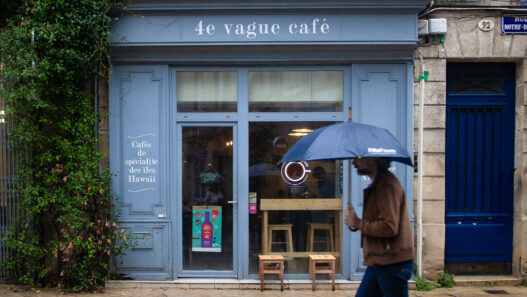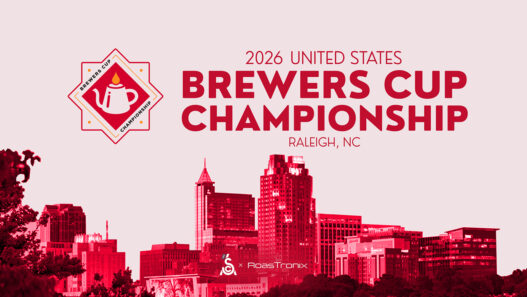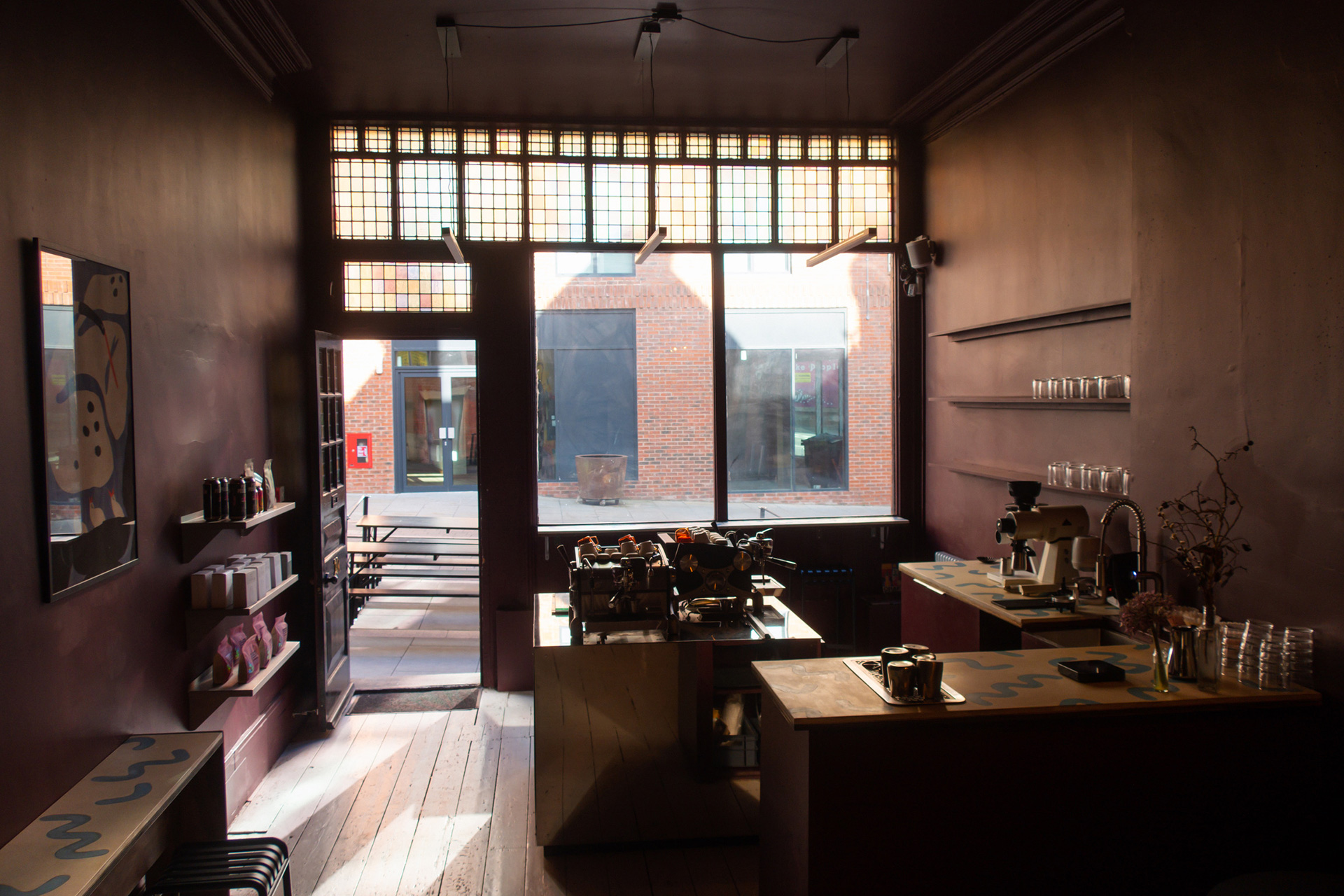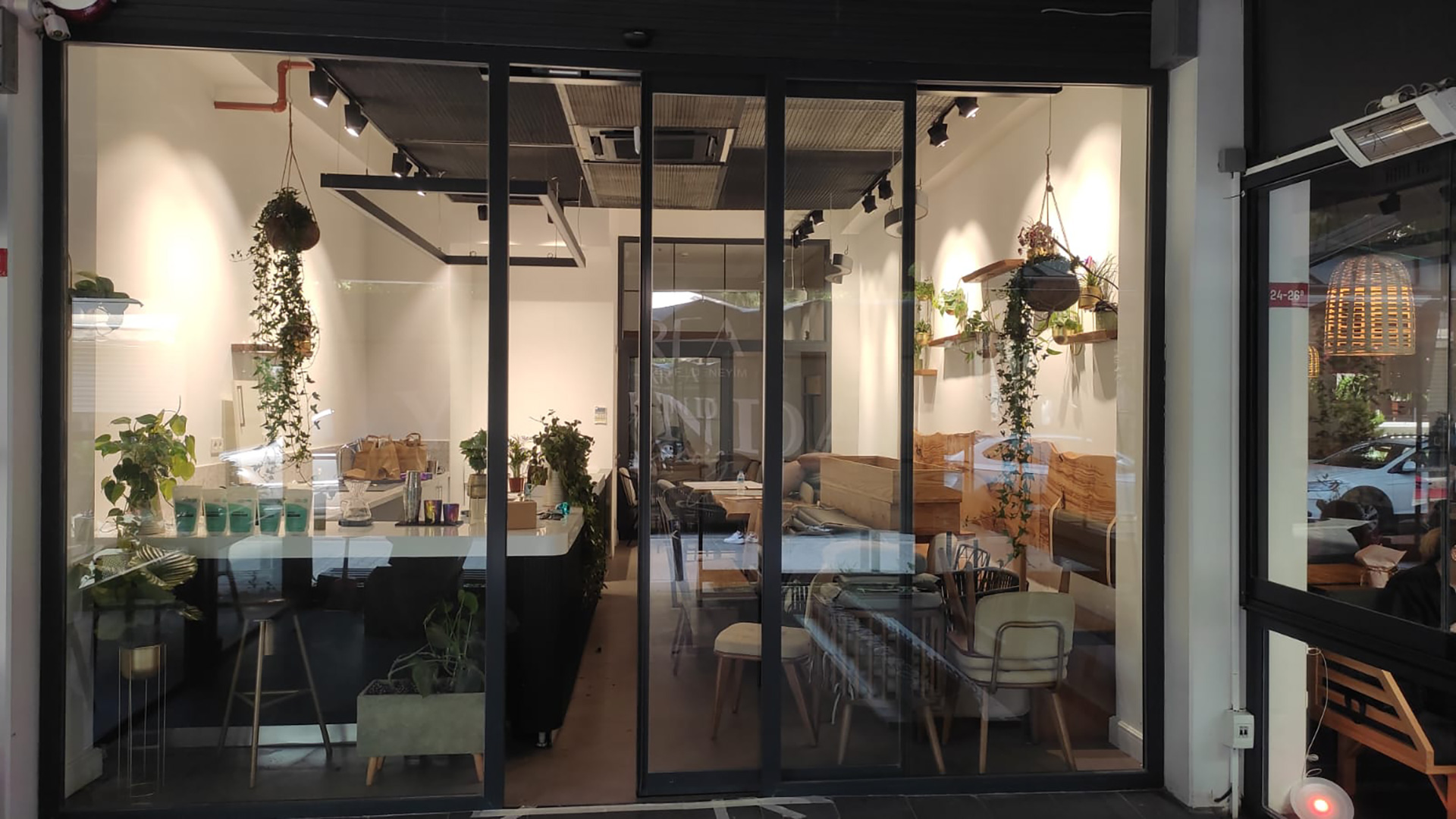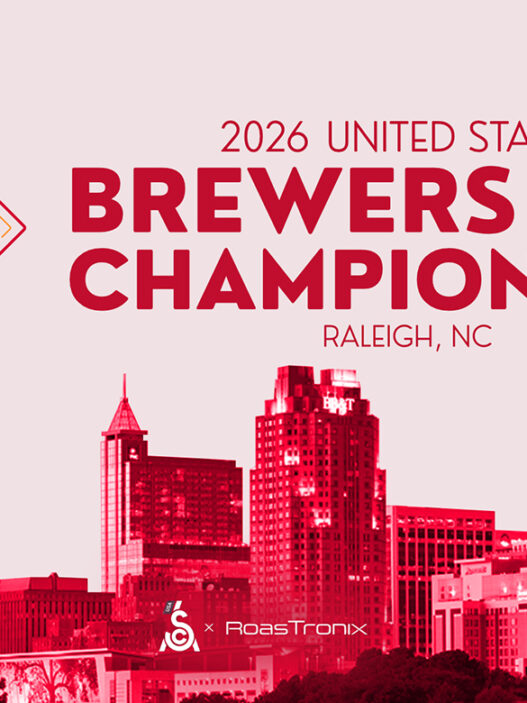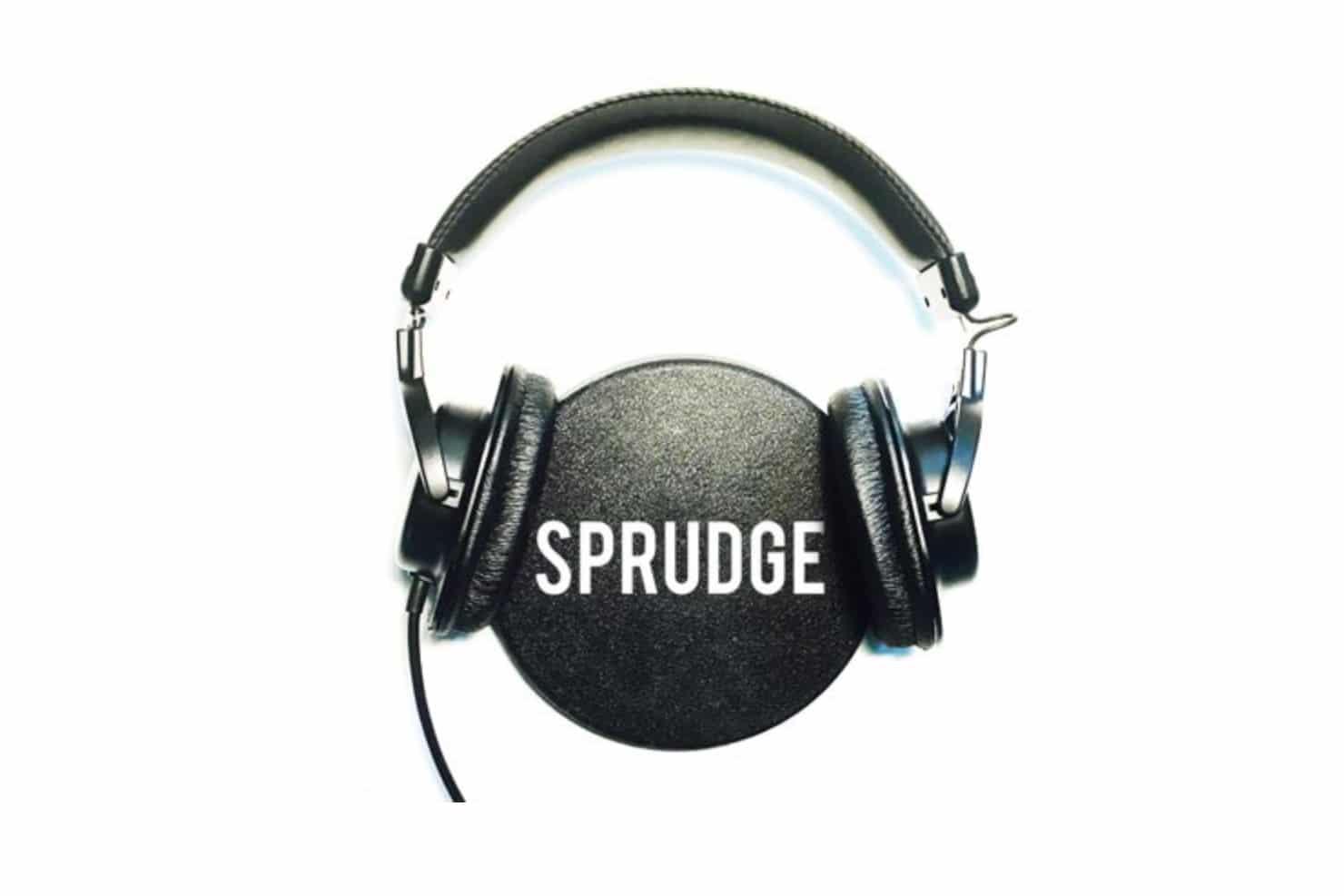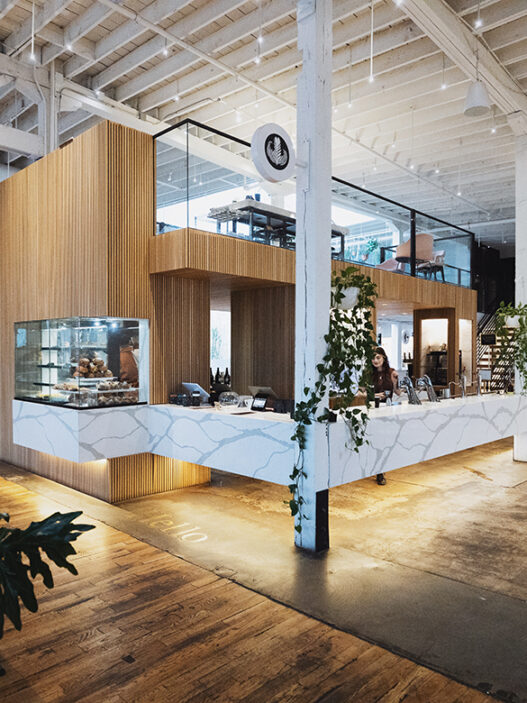Tipping is a fraught practice, but for many in the service industry, it is a necessary one. In the cafe setting, those extra few dollars an hour can be the difference between making ends meet. Recently, Dark Horse Espresso Bar, a Toronto cafe chain with nine locations, implemented a new tip-sharing policy that has sparked controversy, reigniting the debate on how tips should be allocated amongst staff.
As reported by Daily Hive, the new policy was made public via an anonymous post on Reddit by a user claiming to be an employee at Dark Horse. In it, they allege that starting at the end of April this year, the company took a total of 17% of the tips from baristas and front of house staff and “redistributing them to bakers, upper management, front office, and logistics… all of which are employees already in either salaried positions or making exceptionally more than baristas who start at minimum wage in the company.”
The poster goes on to say that “due to intense backlash,” management raised wages by $.75/hour but that the amount “nowhere near” covers the amount lost in the tip share and further would be “negated once minimum wage increases to $17.20 in October of 2024.” They state that they are losing roughly $200-400 a month in pay due to the tip sharing.
The post also claims that Dark Horse is firing anyone who speaks out against the policy, stating that “it was written in employee contracts that employees would be subjected to pay reparations for ‘damage to reputation or any losses the company faces due to disparaging remarks.’”
In a statement to Toronto’s blogTO, Dark Horse confirms the new tip-sharing policy as well as the 17% allocation alleged by the anonymous Reddit user. They break down the total allocation accordingly: 83% to front-of-house (baristas, assistant managers, and store managers), 9% to internal production staff (the roasting team and bakers), 4% to delivery staff, 2% to store management, and 2% to ”support staff who assist with vital day-to-day store operations including ordering, fulfillment, hiring, and technology.”
“We believe that everyone involved in serving our customers should be involved in our tip pool,” the statement says. “The policy was implemented in consultation with our team and is aligned with employment standards regarding tip pool sharing. Additionally, we increased the base pay rate for all of our hourly employees, to mitigate the majority impact of this change on them.”
In the statement, they also claim that no employees have been reprimanded or fired because of the policy change.
Tip sharing has been a common practice in the service industry for years. Traditionally, the allocated tips have been given to other front-of-house support staff who make the server’s job easier, like bussers, dishwashers, food runners, and even hosts. But the nebulous designation has allowed tips to be spread wider and thinner, often as a means to keep the labor bill as low as possible for employers.
Should bakers and coffee roasters receive part of a barista’s tips? Technically, a barista wouldn’t be able to perform their duties without coffee or food. Nor would they be able to do their job without an espresso machine tech, so should they get a piece as well? Dark Horse Espresso appears to think so, by their own admission, allocating tips for delivery drivers, store management (separate from the assistant managers and store managers that get part of the 83%), ordering, fulfillment, hiring, and technology.
Thus is a further complication with tipping. Companies can claim expected hourly tipping amounts as part of a wage package when courting employees, but it’s not legally binding. They are perfectly within their rights to alter where those tips go. (Technically, having management and above be part of a tip pool is illegal, though there is a carve-out in Canada whereby “a manager, director, or shareholder of an employer may share in redistributed gratuities if they perform ‘to a substantial degree’ the same work as certain employees,” and you can see how that grey area is allowing employers to circumnavigate the law.)
For better or worse, tipping doesn’t appear to be going anywhere anytime soon. Neither does tip sharing. But the question remains: where is the line? Who should be part of a tip pool, and who shouldn’t? There seem to be some obvious noes and a rather large grey area. But like with all things uncontained, the grey area starts to bleed closer to the obvious no’s until they, too, perhaps through nefarious pay practices, are now in the grey. And the ones left holding the bag are the front-of-house staff, the baristas, who depend on—maybe even promised—money that now is no longer theirs.
Zac Cadwalader is the managing editor at Sprudge Media Network and a staff writer based in Dallas. Read more Zac Cadwalader on Sprudge.





